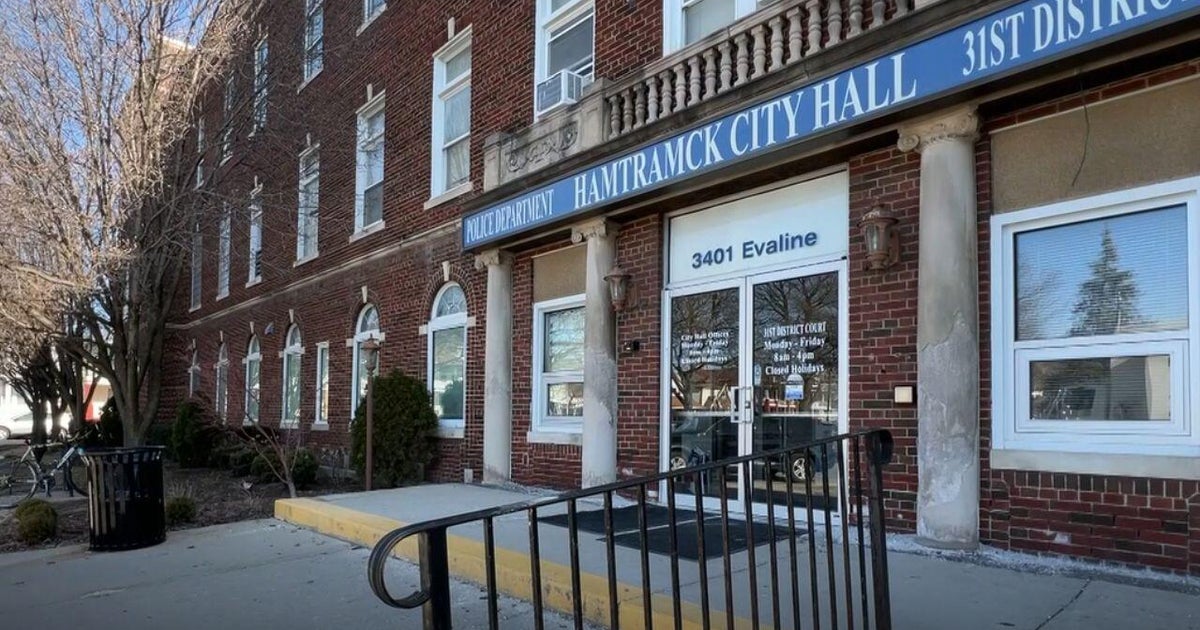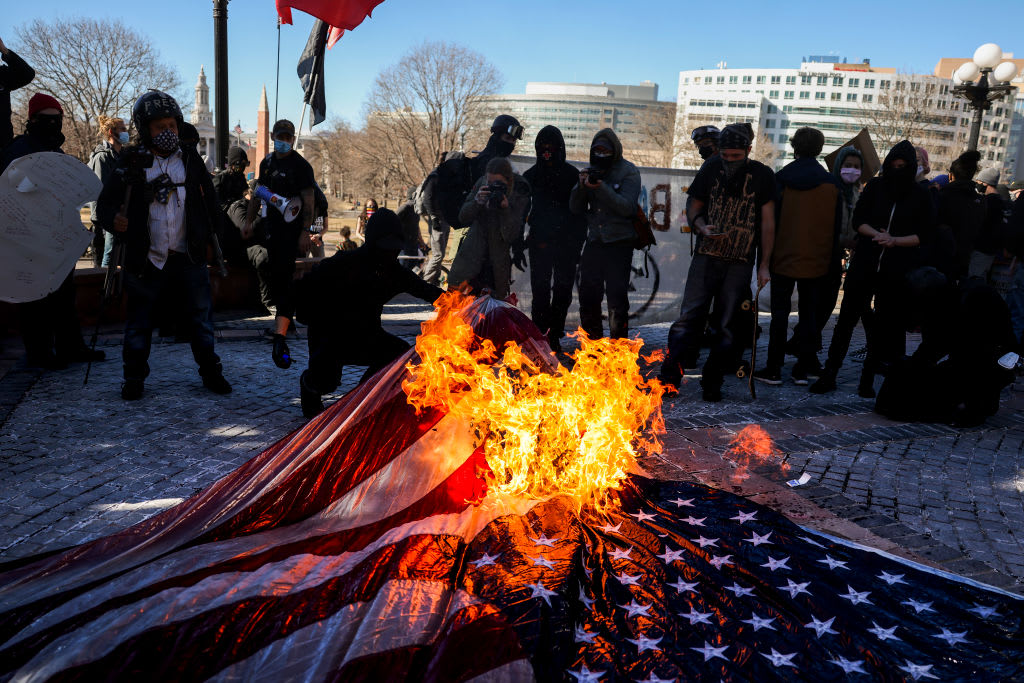Trump gag order in New York fraud trial reinstated as appeals court sides with judge
A New York appellate court has reinstated a gag order barring former President Donald Trump from making public comments about court staff in his ongoing civil fraud trial, siding with the judge in the case who imposed the order after Trump disparaged his clerk.
New York Judge Arthur Engoron issued a limited gag order after Trump published a social media post about the clerk on Oct. 3, the second day of the trial. Over the next month, he and his campaign violated the gag order twice, and he was fined $15,000. Engoron eventually broadened the order to bar attorneys in the case from commenting on court staff.
The gag order was temporarily stayed on Nov. 16, as a panel of judges in the Appellate Division of the New York Supreme Court considered Trump's request to have the gag order lifted. The appeals court ruled against Trump and lifted the stay in a brief order on Thursday.
In his courtroom, Engoron immediately advised lawyers in the case that he expects the ruling to be followed.
"I intend to enforce the gag orders rigorously and vigorously, and I want to make sure counsel informs their client," Engoron said shortly after the appeals court issued its ruling.
Trump attorney Christopher Kise said the decision to reinstate the gag order represented "a tragic day for the rule of law." He reiterated that position in a statement to CBS News.
"In a country where the First Amendment is sacrosanct, President Trump may not even comment on why he thinks he cannot get a fair trial," Kise said. "Hard to imagine a more unfair process and hard to believe this is happening in America."
Engoron has frequently defended Greenfield, saying he relies on her for legal consultations and is entitled to do so. Lawyers for Attorney General Letitia James and the New York Office of Court Administration opposed lifting the gag order.
A top court security official wrote in an affidavit that transcriptions of threats to Greenfield and Engoron written since Trump's original Oct. 3 filled 275 single-spaced pages. Charles Hollen, an official in the Department of Public Safety, said the threats included calls to her personal cell phone and messages to her personal email account.
Hollen wrote that the threats increased when the gag order was stayed, and that during that time, "approximately half of the harassing and disparaging messages have been antisemitic."
Attorneys for Trump argued the gag order violated U.S. and New York constitutional protections for free speech. They noted that the clerk, Allison Greenfield, is a Democrat, and that she sits next to the judge, often passing him notes.
Trump and his aides targeted Greenfield in social media posts immediately after the gag order was temporarily lifted on Nov. 16. Within an hour of being free to do so, Trump aide Jason Miller called her a "partisan attack dog" on the social media site X. A few hours later, Trump himself posted that she's "biased." He's since posted about her multiple times.
Trump, his two adult sons and their company have already been found liable for fraud in the case, in which they're accused of benefiting at least $250 million through a decade-long scheme to artificially inflate Trump's net worth during deals with banks and insurers. The trial is proceeding on unresolved allegations related to conspiracy, falsification of business records and insurance fraud. The former president and his co-defendants have denied all wrongdoing, blaming accountants for any inaccuracies in their financial statements.
Trump, who has already been called to the stand by the state, is expected to be re-called as a witness by his own lawyers on Dec. 11. They have said he will be their final witness.
Closing arguments are expected to be on Jan. 11, allowing the two sides nearly a month to first submit written filings related to the trial following witness testimony.





